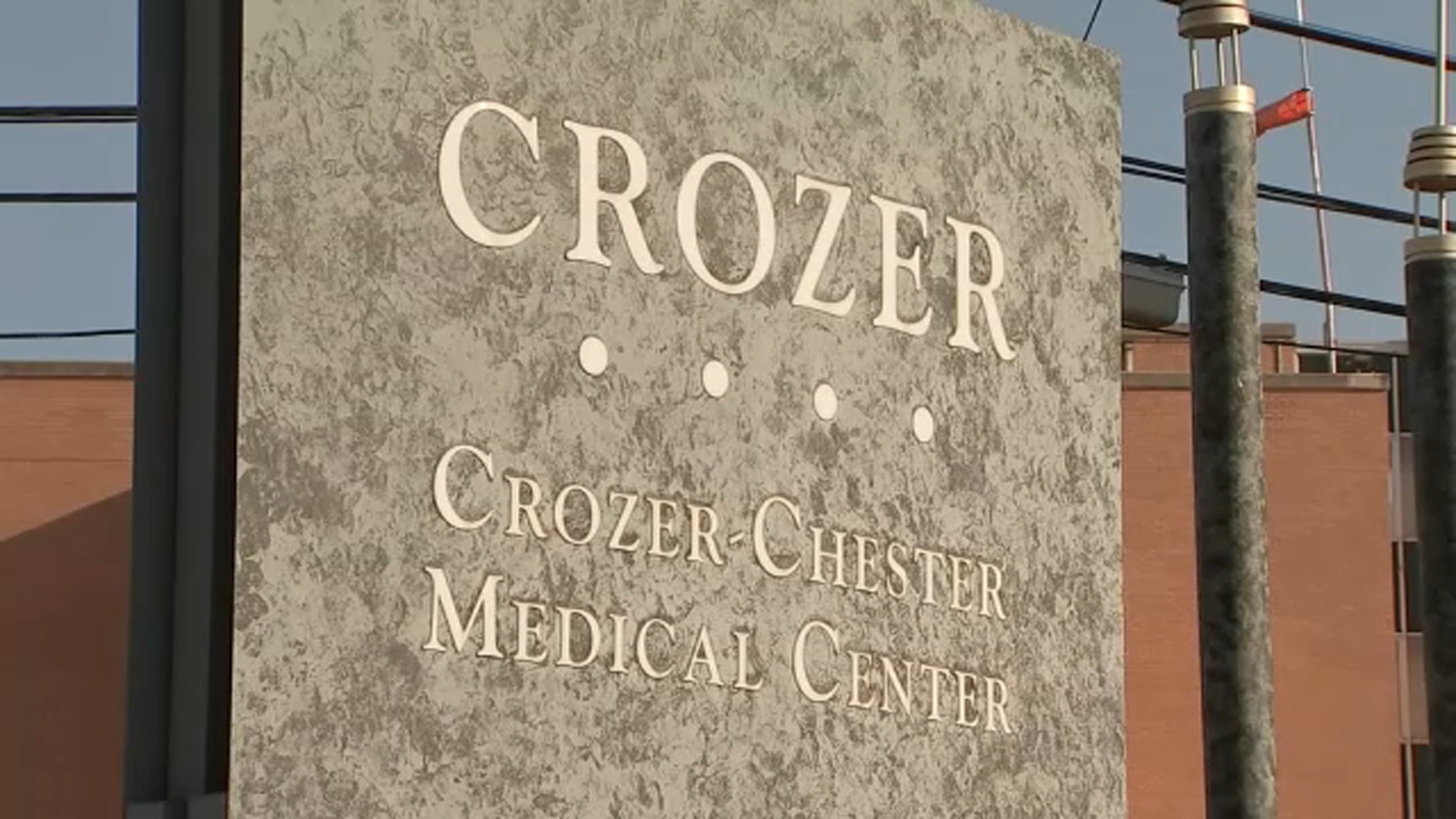Health System Shutdown: Crozer Health's Final Chapter Begins in Delaware County

In a significant development for the local healthcare landscape, Crozer Health has announced its impending closure following an extensive period of intense negotiations and strategic attempts to rescue the struggling medical institution. After months of rigorous hearings, financial assessments, and proposed rescue plans, the organization has ultimately determined that continued operations are no longer sustainable.
The decision comes after exhaustive efforts by hospital leadership, community stakeholders, and financial experts to identify potential solutions that might preserve the healthcare facility. Despite multiple proposals and strategic interventions, Crozer Health found itself unable to overcome the mounting financial and operational challenges that have plagued the institution in recent months.
Local healthcare professionals and community members are now grappling with the implications of this closure, which is expected to have substantial impacts on regional medical services and patient care. The shutdown underscores the growing challenges faced by community hospitals in maintaining financial viability in an increasingly complex healthcare environment.
Patients and employees are advised to stay informed about transition plans and alternative healthcare options in the coming weeks as Crozer Health prepares for its final operational phase.
